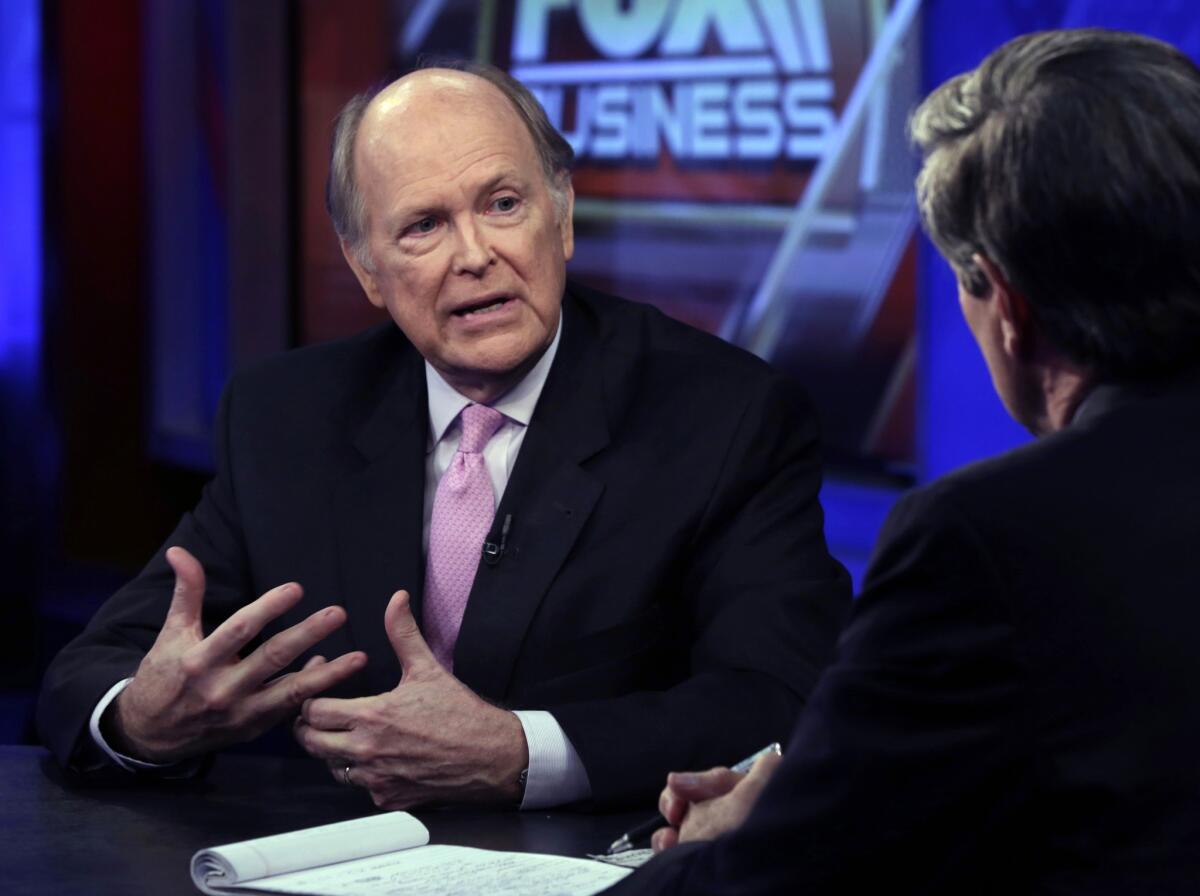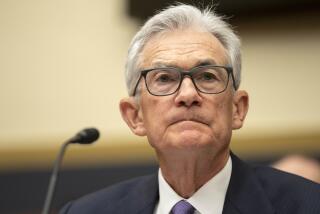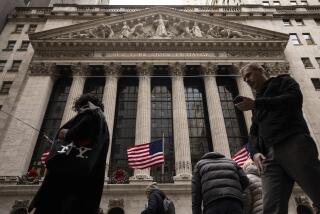Top Fed official fears people ‘expect too much’ from central bank

A top Federal Reserve official said Friday that Americans “expect too much” from the central bank, particularly when it comes to reducing unemployment.
Charles Plosser, a voting member on the policymaking Federal Open Market Committee, said monetary policy should focus primarily on keeping prices stable.
The Fed’s “excessive focus on short-run control of employment” risks spurring high inflation and damaging the central bank’s credibility, said Plosser, president of the Federal Reserve Bank of Philadelphia.
“Assigning unachievable goals to organizations is a recipe for failure. For the Fed, it could mean a loss of public confidence,” he said in a speech Friday at a Society of American Business Editors and Writers conference in New York.
“I fear that the public has come to expect too much from its central bank and too much from monetary policy, in particular,” he said.
The Fed has a dual mandate to pursue stable prices and maximize employment.
Plosser, who recently announced that he would retire March 1, is one of the Fed’s leading so-called inflation hawks, which means he puts more focus on price stability.
One of four regional Fed presidents who rotate annually onto the policymaking committee, Plosser has been an outspoken critic of the Fed’s aggressive efforts to stimulate the economic recovery from the Great Recession by keeping short-term interest rates near zero and purchasing hundreds of billions of dollars in bonds.
He and other critics have warned for several years that the policies would lead to runaway inflation. But so far, inflation has remained in check.
Congress should change the Fed’s monetary-policy mandate “to focus solely, or at least primarily, on price stability,” Plosser said, arguing that monetary policy is not very effective in reducing unemployment.
Plosser also said the Fed should stop trying to give the public and investors signals about when it would raise interest rates and instead should develop a system in which policy decisions are made based on “observable economic conditions.”
“Monetary policy should be data dependent, not date dependent,” he said in the speech, which was focused on the Fed’s communications.
Fed Chairwoman Janet L. Yellen has said the Fed’s decisions will depend on the data.
But Plosser dissented on the last two Fed policy statements, in September and July, because they said the Fed was likely to keep its benchmark short-term interest rate near zero for “a considerable time” after its bond purchase program’s expected end this month.
This year, the Fed has been winding down its monthly purchases of Treasury bonds and mortgage-backed securities that have been a key part of its unprecedented effort to boost the recovery from the Great Recession.
The $85-billion-a-month purchases were aimed at keeping long-term interest rates on mortgages and other consumer and business loans low to encourage borrowing and spending. With the economy now on more stable ground, that stimulus has been reduced gradually to $15 billion a month.
For breaking economic news, follow @JimPuzzanghera on Twitter







